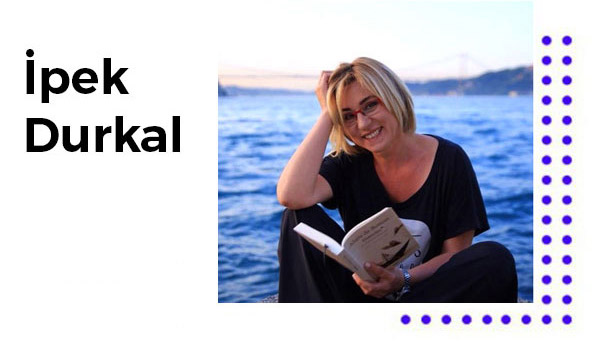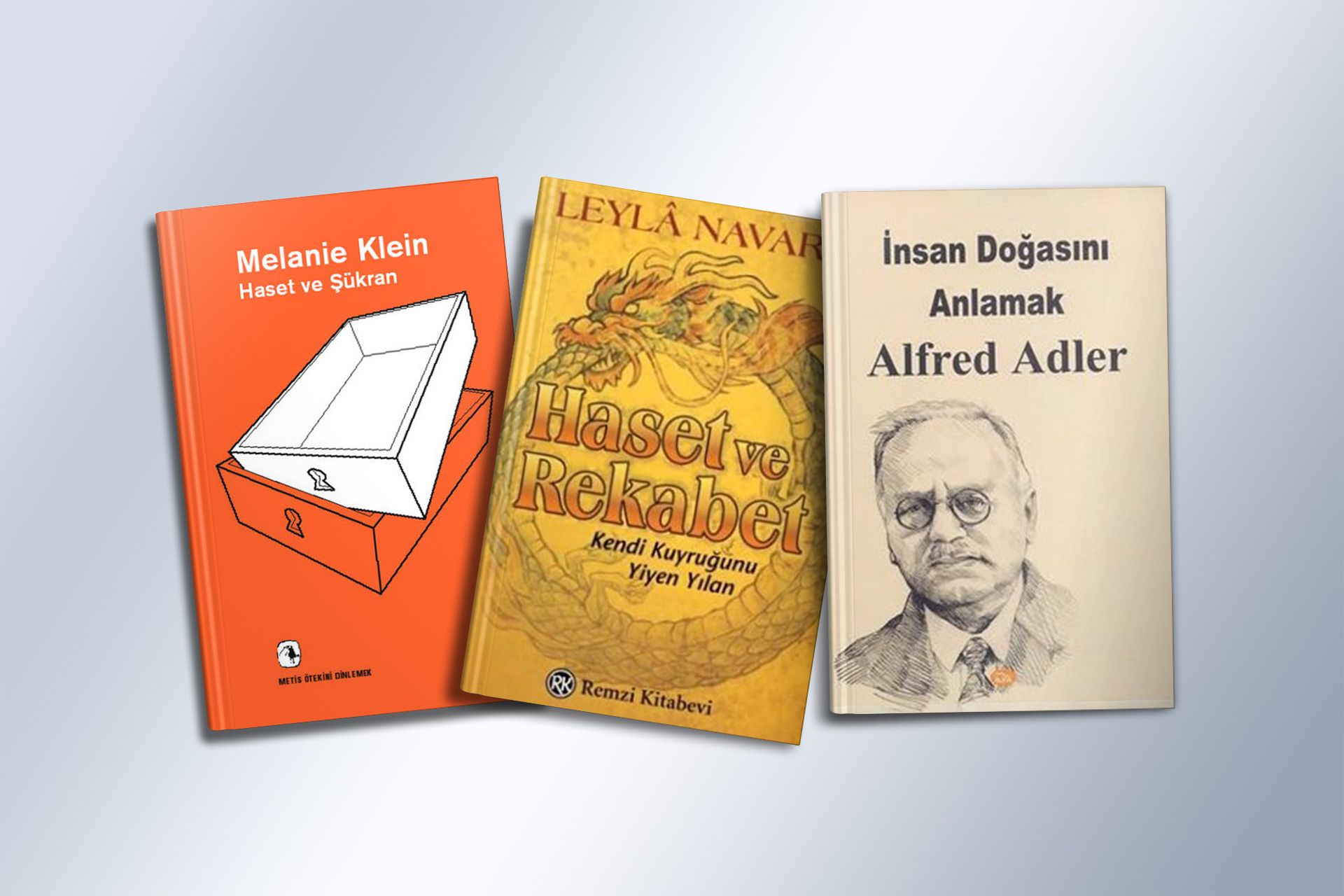
Last year right around this time I asked you the question ‘How About A Relaxed Start Of The New Year’ and wrote about three books on the comfort of a simplified life. How would I know life would, indeed, force us to pursue a simple lifestyle?
Besides, that simplification was not limited to consumption or lifestyle. We have been simplified in human relationships the most. This actually created an opportunity. We realized that we had been connected to some people because of obligations, habits, our desire to socialize or to be loved, or for whatever reason, but we really did not have any mutually positive engagement with them and grew apart from them in this process.
And we saw more: We are all equal in the face of disasters. Money, fame or fortune: None of this works out in a pandemic. Then why is this jealousy or envy?
Seriously, what is all that about? The two are frequently mistaken for each other, but these are two different concepts. Jealousy has to do with the fear of losing what one has, whereas envy is a fit of destructive anger caused by seeing that someone else has what one desires. They say: “Envy Is Spoiling What You Have by Desiring What You Have Not.”
Envy Lacks Gratitude
The most effective theoretician in the history of psychoanalysis after Freud, Melanie Klein, wrote in her book “Envie et Gratitude” (Envy and Gratitude) authored in 1957, that envy is shaped around an infant’s relationship with its mother’s breast, and spans all our lives.
Having written about envy’s impact on the development of happiness and gratitude skills, Klein explained the reasons for envy, jealousy and greed through the science of psychology. “The envious person always remains dissatisfied because envy comes from within, and this way, it always finds a way out to be manifested on an object”, she wrote, explaining, with justifications, this character that never and ever practices gratitude and generosity. If you want to learn about the reasons for the maliciousness of envy, this book has much to offer, despite being short, yet full of much valuable content that has shed light on the world of psychology from the very first that it was authored.

Exaggerated Flattery is a Red Flag
I would recommend you to read Haset ve Rekabet (Envy and Competition), which was first published in 2011, if you haven’t already. Leyla Navaro, a psychologist whose perspective, knowledge and authorship mesmerize me, defines envy and jealousy as follows: “Envy is the desire to get what you don’t have or what someone else has. On the other hand, jealousy is the desire to not lose what one has got.”
In addition to envy and jealousy, Klein investigated greed, while Navaro focuses about competition. She talks about the misery of envious people. I would like to write the entire book with its examples, but that’s not possible. Still, I would like to give some tips. If someone flatters you or if they are pompous about their assets and achievements in the face of others, please be aware that this is an envious person, and it has nothing to do with you.

We All Have a bit of That Inside…
I love psychology books. That’s why I keep recommending them. They help me understand both myself and my counterpart. Here is yet another one to suggest: Psychiatrist Alfred Adler, the founder of the school of individual psychology wrote in his masterpiece Understanding Human Nature the following: “Jealousy, like Proteus in the legend, can take on a thousand shapes. It may be recognized in mistrust and the setting of traps for others, in critical sizing-up of other people, and in the constant fear of being neglected.” As for envy, he wrote, “The gulf between individuals and their unreachable goal expresses itself in the form of an inferiority complex”, and continued with a striking observation: “Very few people, however, do not feel some envy sometimes. None of us is entirely free from it.”



